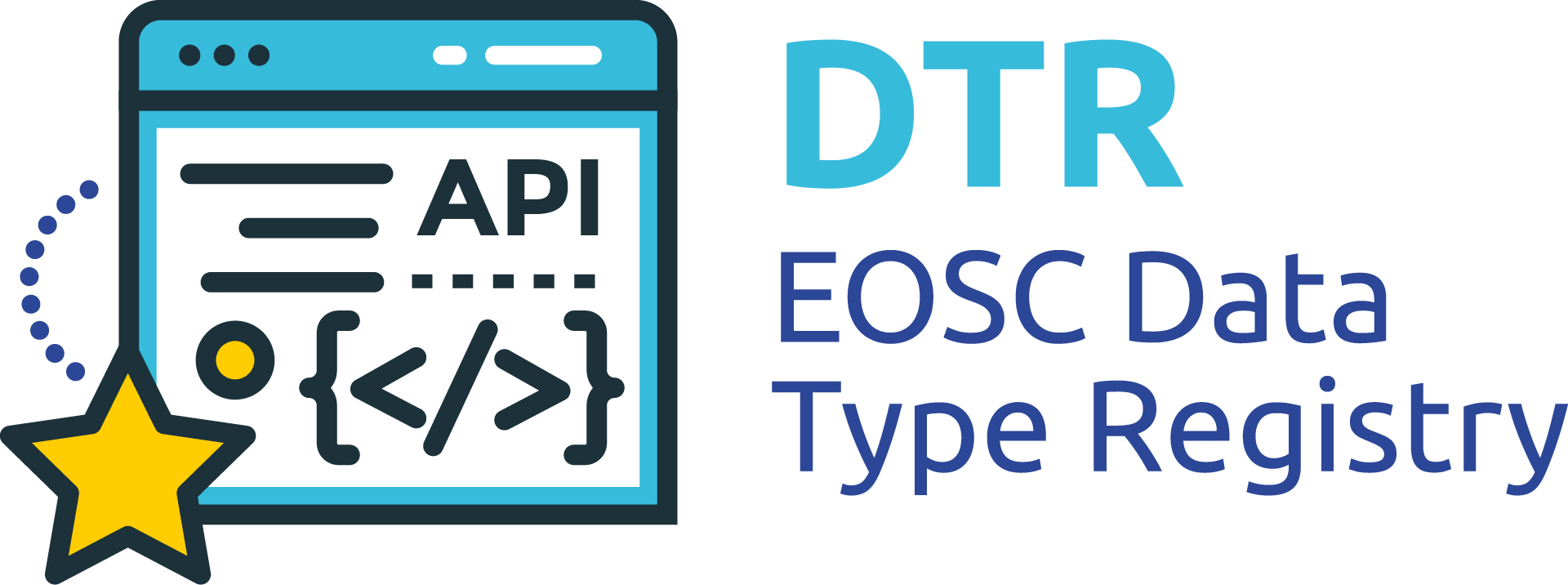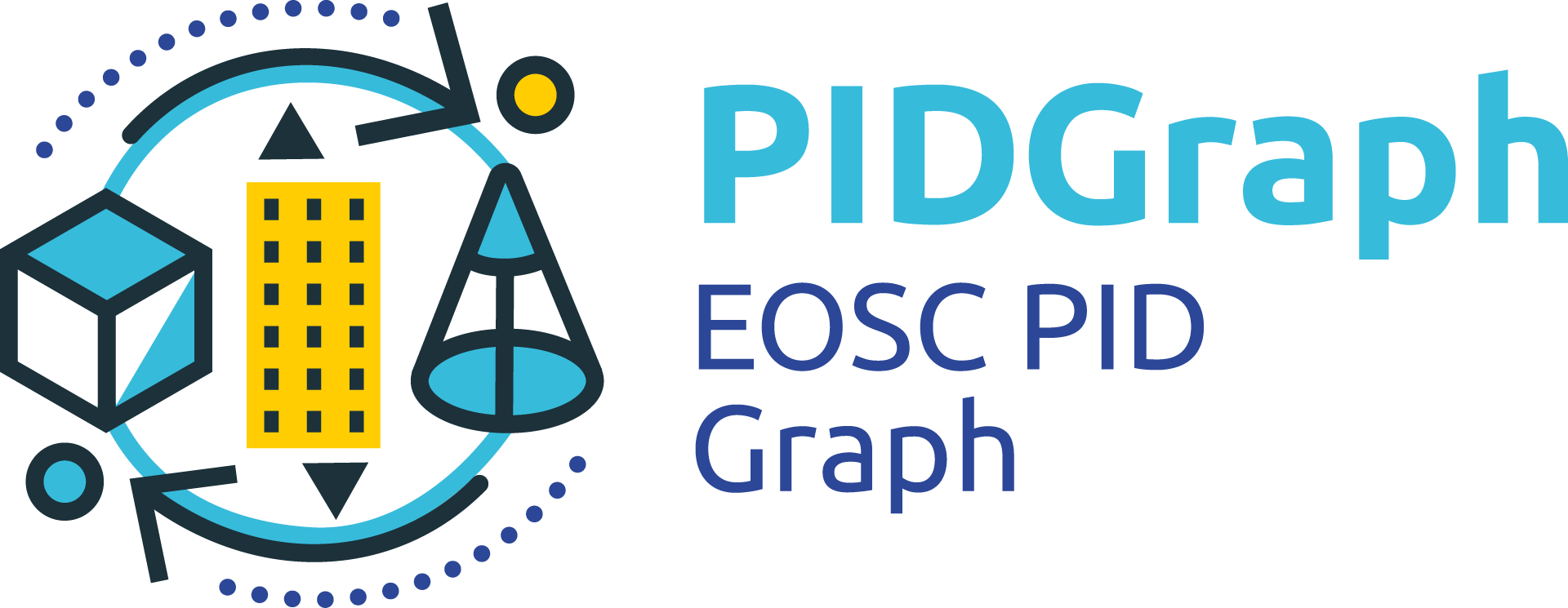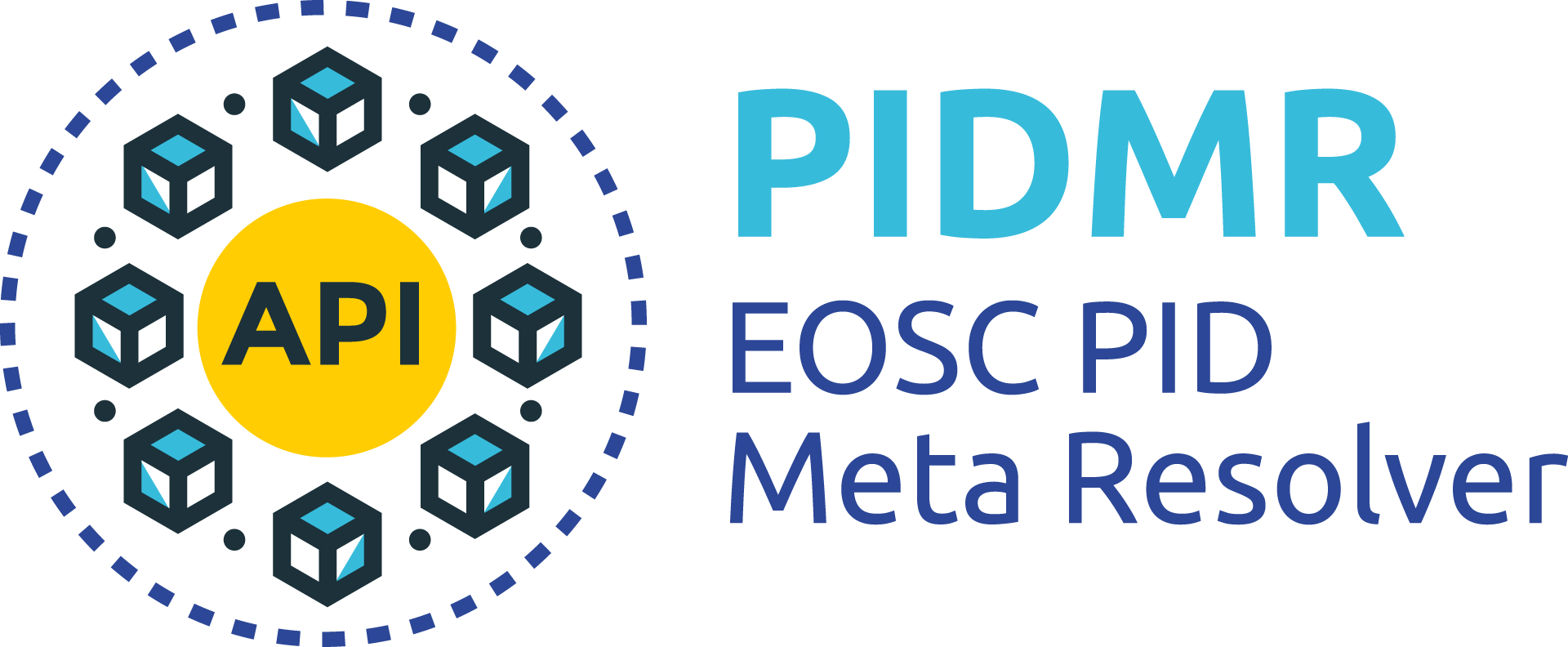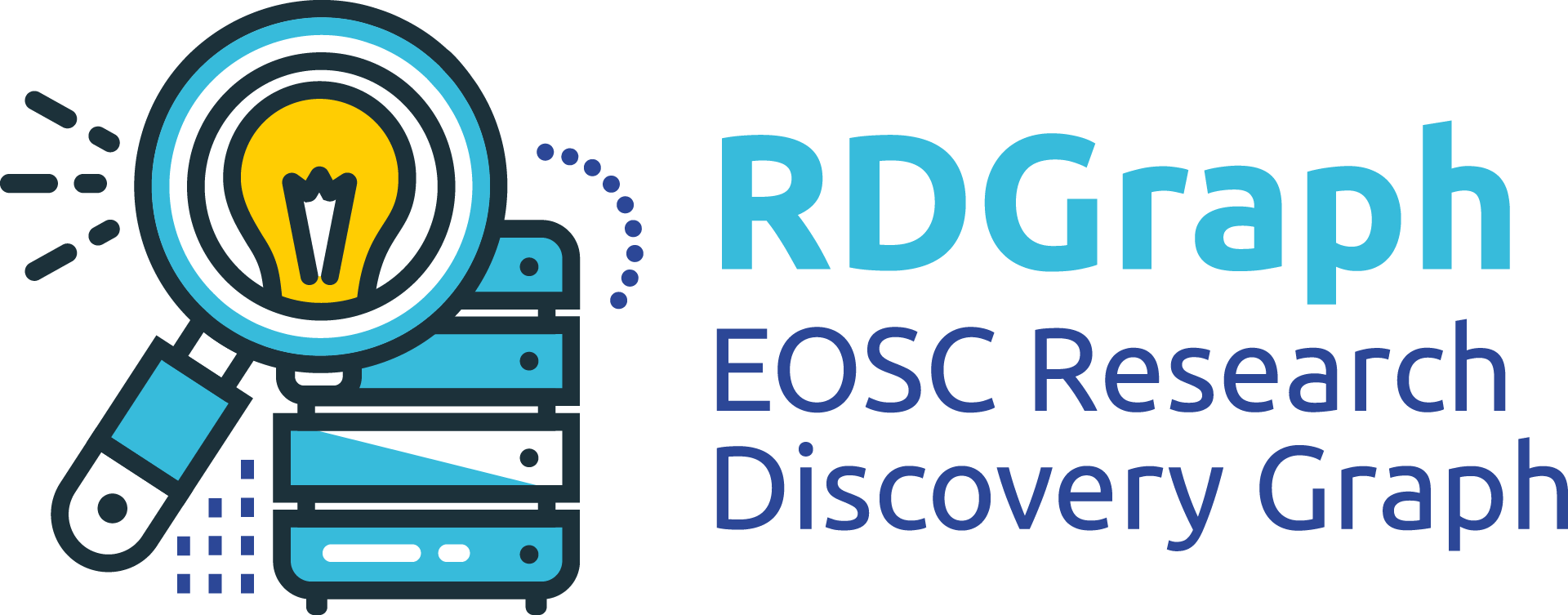Challenge
Mathematics-related data is accessible to scientists through the web portal provided by zbMATH Open, which offers information on mathematical assets, including articles, serials, formulas, classifications, and swMATH, which focuses on mathematical software and links to publications. However, before the start of the FAIRCORE4EOSC project, these services and their content were not yet integrated with the EOSC-Core services, meaning they were not discoverable via the EOSC Catalogue. This lack of integration has significantly limited the visibility and interoperability of mathematical resources within the broader European Open Science Cloud (EOSC) ecosystem. With the mathematics case study, we wish to advance the integration of these components, which participate in a more interconnected mathematics research ecosystem.
Case study description
The mathematical community, represented by FIZ Karlsruhe, integrates zbMATH Open and swMATH services with the FAIRCORE4EOSC components. This integration involves:
- Ensuring long-term mathematical software sustainability with the EOSC RSAC.
- Incorporating research software metadata and links into the EOSC RD- and PIDGraph.
- Supporting the zbMATH Open and swMATH identifiers in the EOSC PID MetaResolver (PIDMR).
- Exposing the crosswalks developed for EOSC RSAC, EOSC PIDGraph, and EOSC RDGraph in the EOSC MSCR.
- Registering the Mathematics Subjects Classification in the EOSC DTR.
As a result, zbMATH Open and swMATH content become discoverable and accessible via the EOSC-Core services. This integration enables metadata enrichment by linking mathematical resources to other objects (e.g., organizations, authors, datasets, and services) through EOSC graph technologies. Moreover, swMATH research software is now securely supported with long-term services, and the mathematics domain-specific knowledge graph is now adequately typed and registered. By doing so, the visibility of mathematical resources is significantly expanded, reaching interdisciplinary users and services within the EOSC ecosystem.
Expected impact
Mathematics is foundational in research across numerous disciplines as the language of the exact sciences. The seamless integration of mathematics-specific resources with general-purpose information systems can now benefit researchers in fields that rely on data analysis, modeling, and computational methods. Access to well-curated mathematical research data and software enables new applications, fostering innovation and collaboration across disciplines. This integration enhances the discoverability and usability of mathematical resources and strengthens their role in driving interdisciplinary research and advancing scientific discovery.

Adopted components





